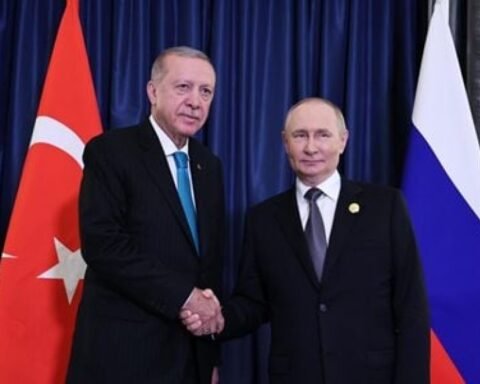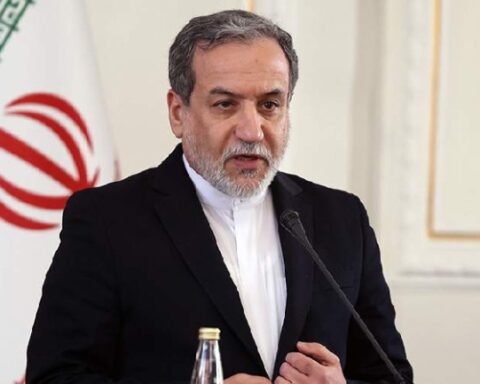Japanese Prime Minister Shigeru Ishiba declared his intention to step down on Sunday, a surprising development that comes as his ruling Liberal Democratic Party considers holding snap leadership elections. The announcement follows intense internal party discussions about the country’s political direction.
During a press briefing, Ishiba cited reaching a critical juncture in tariff negotiations with the United States as a primary factor in his decision. He also acknowledged responsibility for the party’s disappointing performance in July’s upper house elections, indicating his resignation was necessary to maintain political stability.
The resignation follows emergency talks between Ishiba and key party figures, including former Prime Minister Yoshihide and the Agriculture Minister, who reportedly sought to prevent a damaging split within the ruling party. Sources indicate these discussions aimed to maintain party unity amid growing internal tensions.
Ishiba, who assumed office in October 2024, had previously threatened to dissolve the lower house and call snap elections if the party proceeded with leadership challenges. This stance reportedly generated significant opposition within party ranks, despite recent polling showing majority public support for his continued leadership.
Political observers note that mounting pressure from within the ruling party ultimately influenced the Prime Minister’s decision, highlighting ongoing divisions over the government’s policy direction and leadership approach.











